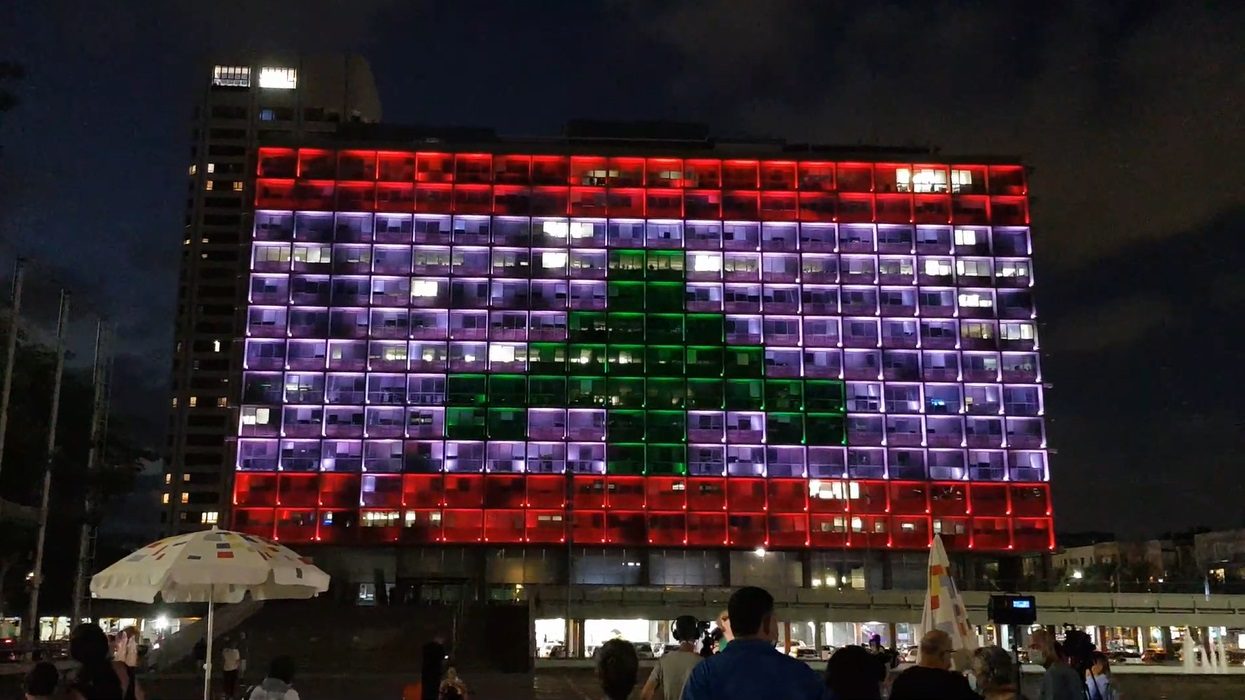Sometimes a Disaster Can Help Us Rethink Political Norms
Israel HaYom, Israel, August 9
I’ve spent the greater part of the past two years working on a documentary film on Lebanon. Every day, as soon as I finish my morning coffee, I dive deep into archival material from Lebanon. One cannot review these video reels, audio clips and written documents without getting the sense that Lebanon is simply a country with bad luck. The blast that shook Beirut last week is yet another incident in a long list of disasters that struck the ill-fated country. It joins more recent, albeit less-cited, disasters in Lebanon such as the nation’s ongoing political decay, financial crisis and social disintegration. The outbreak of the coronavirus exacerbated many of these problems and pushed Lebanon into an unprecedented crisis. At night, when I walked home, I saw the giant Lebanese flag lit up on Tel Aviv City Hall, an act of solidarity with the people of Beirut. The sight was surreal: the flag of an enemy country proudly presented in the heart of Israel’s financial capital. People in the square were conflicted on how it made them feel. Some described it as a cheap provocation; others felt like it was the humane thing to do. Personally, I struggled to form an opinion. My feeling right there and then was that large cosmopolitan cities like Tel Aviv and Beirut exist in a parallel universe where they are not beholden by geographical boundaries or political labels. For most Israelis, the name “Lebanon” evokes difficult feelings. For some, these sentiments revolve around an image of Hassan Nasrallah delivering militant remarks against Israel. For others, it brings up memories of war and the loss of loved ones. For me, when I hear “Lebanon,” I think of the famous Lebanese singer Carole Samaha who, in a 2000 concert, sang a poem by the Lebanese poet Mansour Rahbani. In it she sang: “O powerful countries, let us end the wars. No to poverty. No to repression. No to racism…. I don’t see your color or religion; I only know you are my brother, my brother in humanity.” I don’t know if Rahbani could have conceived of Israelis as his “brothers in humanity” or whether this was meant to be the Arabic version of John Lennon’s “Imagine,” but either way, the sight of the Lebanese flag in Tel Aviv’s main square made me close my eyes and dream. Sometimes, a disaster can help us rethink political norms and pave the way toward new political realities. – Ali Adi (translated by Asaf Zilberfarb)


